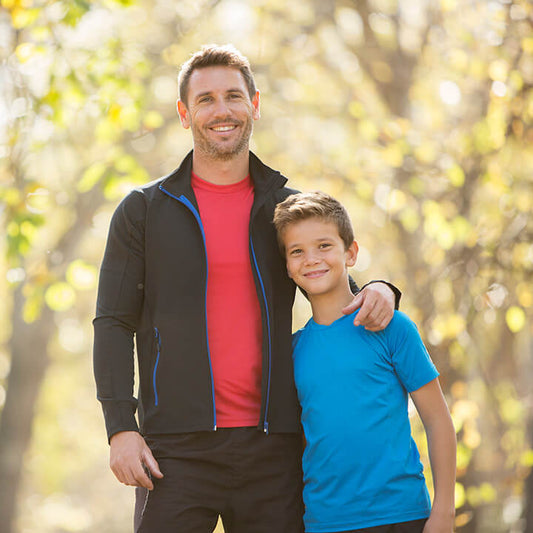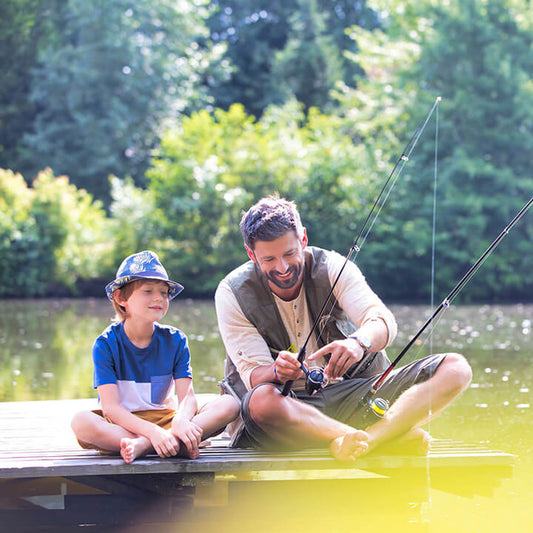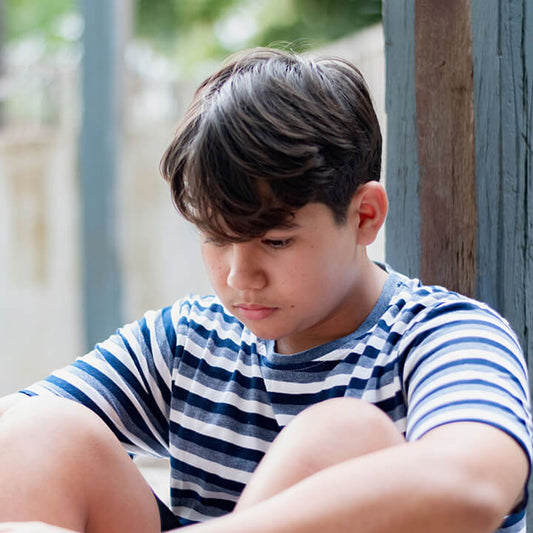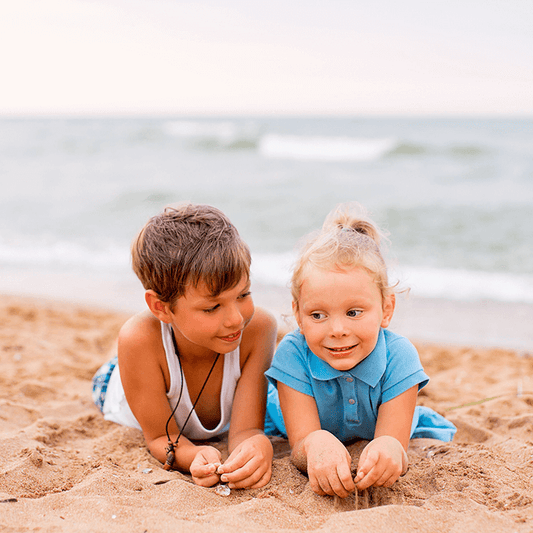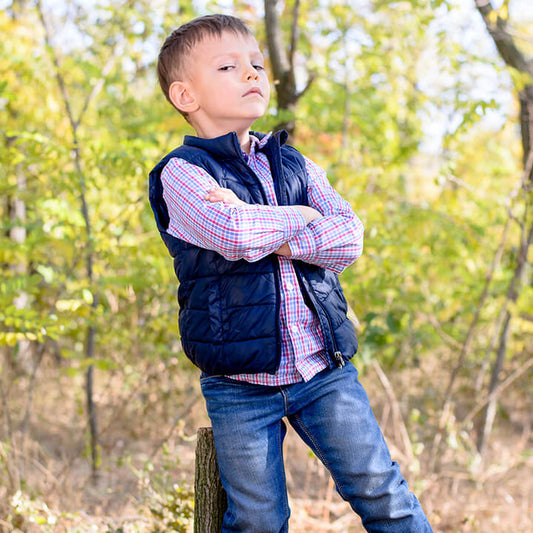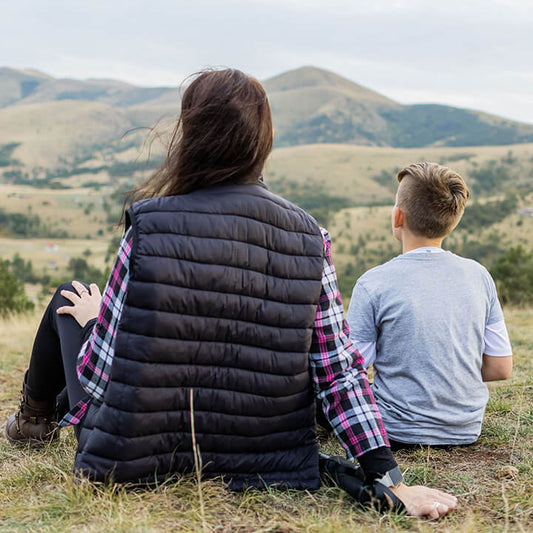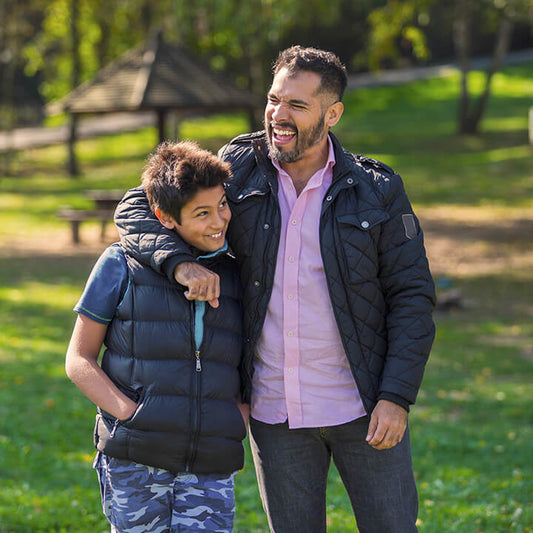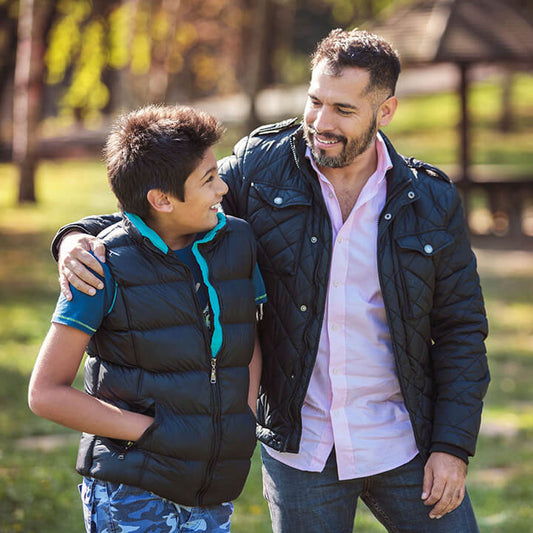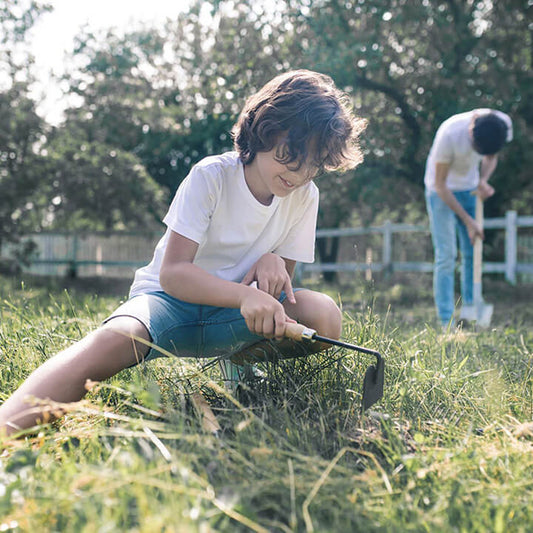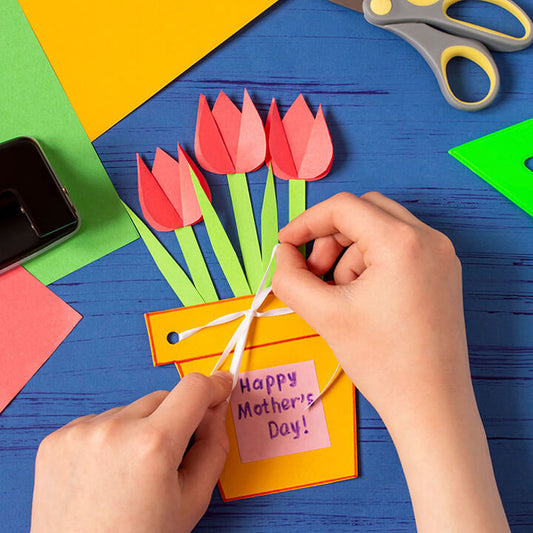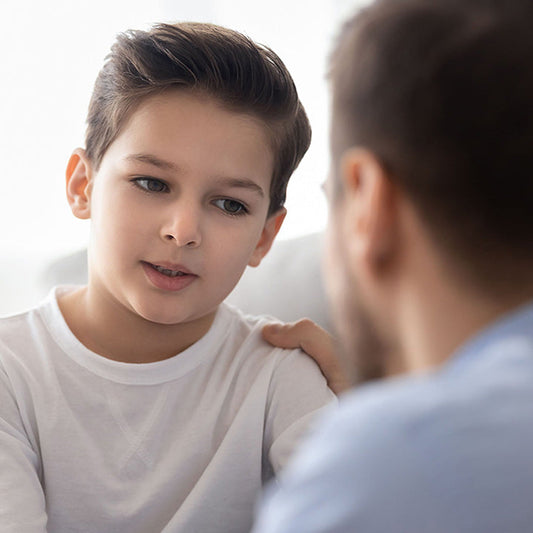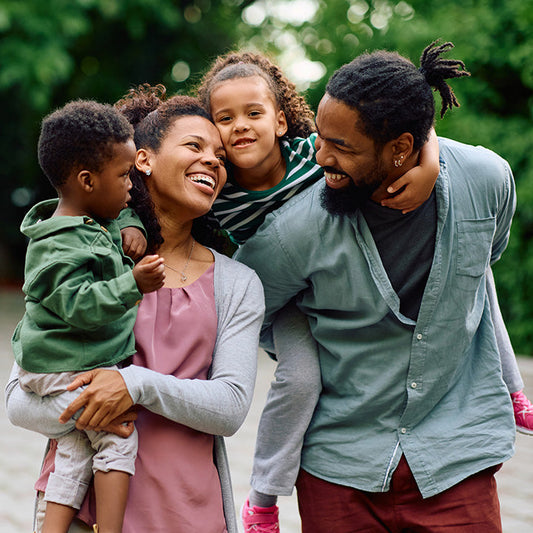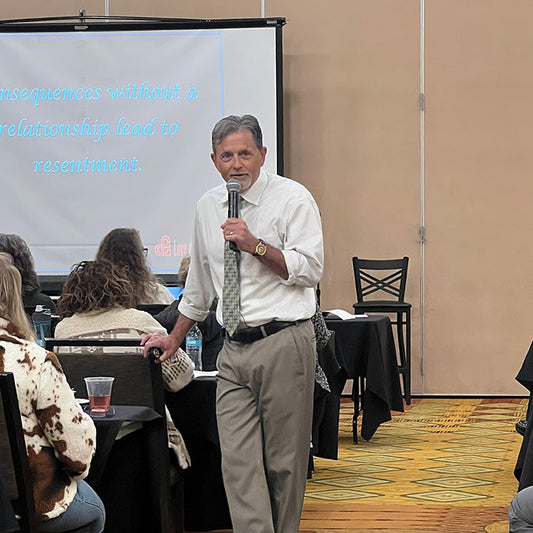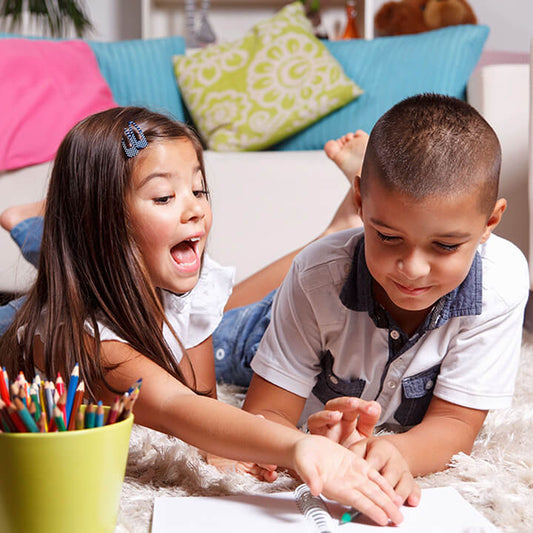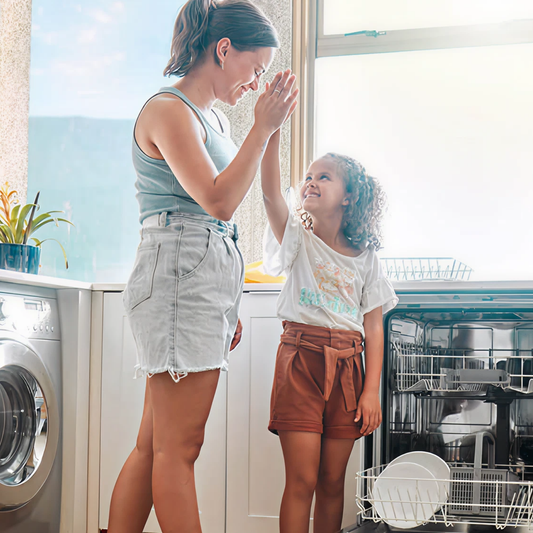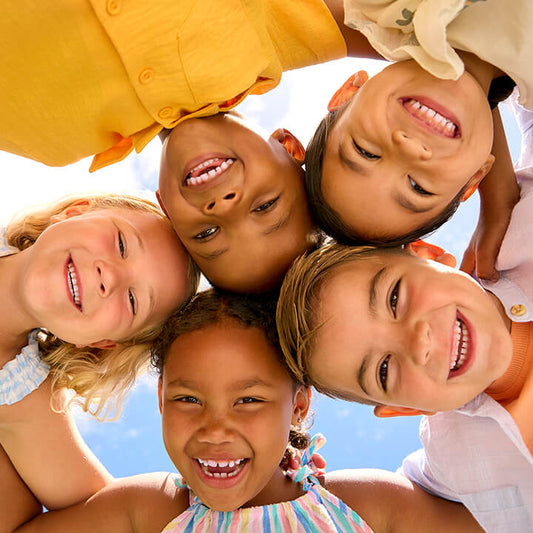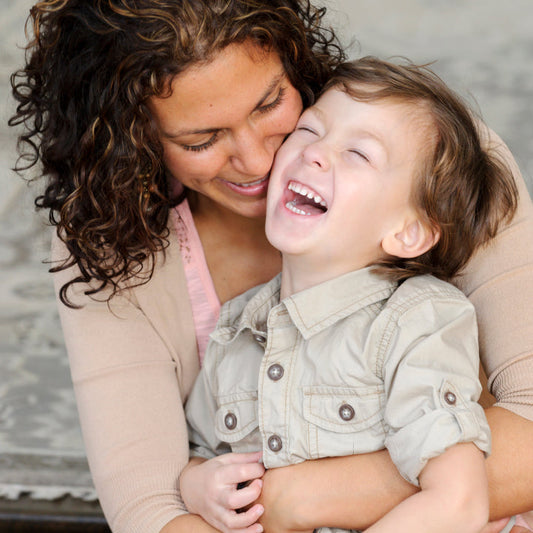Many of the difficult and even tragic situations that I hear about today remind of something that happened to me years ago. A friend called in a panic, pleading for help saying, "I just got a call from the school! She got arrested for smoking pot in the parking lot! What am I going to do with this kid?"
My heart weighed heavy as one of my oldest and dearest friends described this painful news. Desperate for a solution, she phoned me for advice. Isn't it amazing how much harder it is to think of solutions when the problem involves a close friend or family member?
While I listened, I racked my brain trying to imagine what helpful words I could offer my friend. As we pondered the situation together, two types of parents popped up in my memory. From years of working with families in crisis, I began to remember the faces of parents who helped their kids through seemingly hopeless situations, as well as those whose children were truly lost. As I remembered, it dawned on me that the most successful parents seem to follow the same course and the same set of guidelines, regardless of whether their child is smoking pot, drinking, shoplifting, being sexually promiscuous, etc.
When our kids do outrageous things, it's normal to feel outrageously angry at them. When parents act out this feeling, by delivering angry threats, lectures, warnings, or ultimatums, the odds of a happy ending go way down.
There is nothing more powerful than the love we show our kids.
Nothing will work without it!
Limits won’t work without this love. Strong-willed kids get great joy out of breaking the rules set by those they perceive as cold or uncaring. Consequences won’t work without this love. Difficult kids view consequences as "worth it" if their behavior upsets someone they don't like. Rewards feel like bribes when they come from someone who doesn't care. There will never be enough rules, rewards, or consequences to get difficult kids to behave if the relationship is absent.
By showing our unconditional love, are we condoning their bad behavior? Absolutely not! By replacing anger with empathy, we send the following message: I will always love you even when I don't love something you have done!
Thanks for reading!















